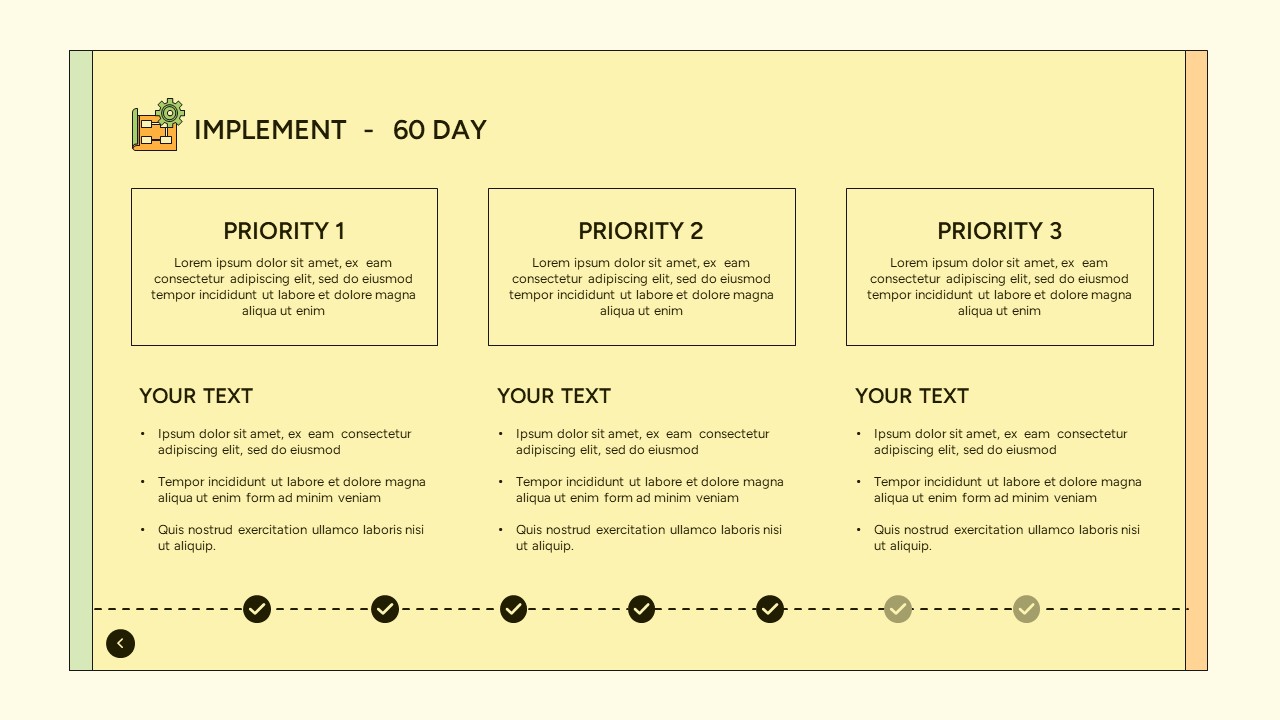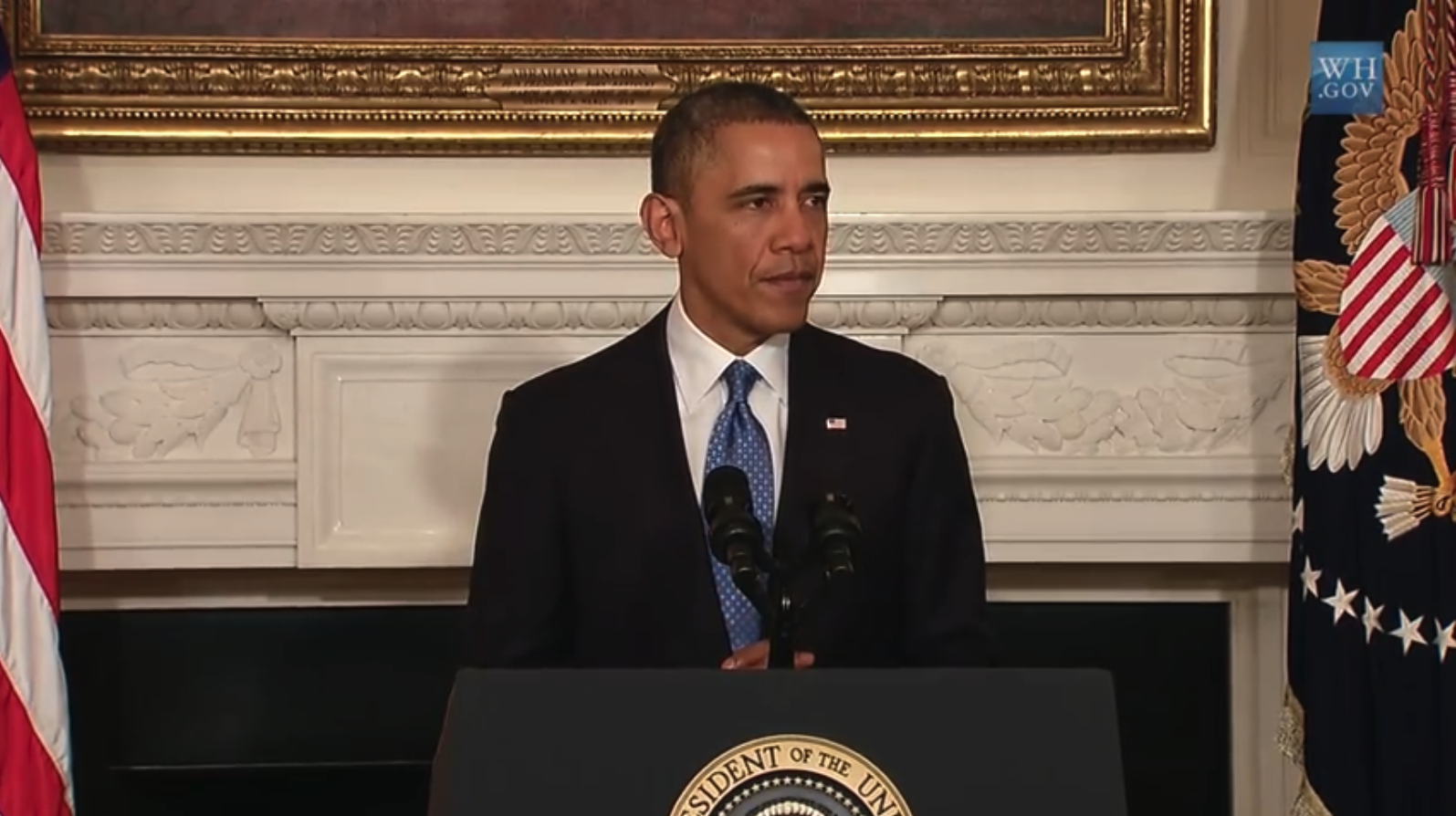Getting Goods Out Of China Fast: A 90-Day Plan

Table of Contents
Phase 1: Pre-Production Planning (Days 1-30): Optimizing for Speed
This initial phase is critical for setting the stage for a rapid and successful import process. Careful planning now directly translates to faster delivery times later.
Supplier Selection and Due Diligence: Finding Your Perfect Partner
Choosing reliable and efficient Chinese suppliers is paramount for getting goods out of China quickly. Don't rush this step!
- Thorough Research: Utilize online directories like Alibaba, Global Sources, and Made-in-China to identify potential suppliers. Check for trade show participation and online reviews.
- Factory Verification: Request factory audits or utilize third-party verification services to confirm their capabilities and certifications (e.g., ISO 9001, BSCI). This ensures quality control and reduces risks of delays.
- Negotiating Timelines: Explicitly negotiate production timelines, payment terms, and penalties for delays in your contracts. Include clear consequences for missed deadlines to incentivize prompt delivery.
- Online Verification Tools: Leverage online tools to assess supplier reliability, including Dun & Bradstreet and similar services which provide credit reports and business information.
Streamlining the Ordering Process: Precision and Efficiency
Minimize delays by meticulously defining your order process from the outset. Clear communication is key to avoiding misunderstandings and subsequent delays in getting goods out of China.
- Detailed Specifications: Provide comprehensive product specifications, including detailed drawings, material requirements, and quality standards. Ambiguity leads to delays.
- Clear Payment Terms: Establish clear and agreed-upon payment terms and schedules upfront. This avoids payment-related disputes that can halt production. Consider using escrow services for added security.
- Streamlined Communication: Utilize efficient communication channels like email, video conferencing, and project management software (Asana, Trello) to maintain consistent contact.
- Quality Control Procedures: Define clear quality control checkpoints and procedures during the production process, ensuring prompt identification and resolution of issues.
Logistics Planning: Choosing the Right Shipping Method
Selecting the right shipping method is essential for achieving fast delivery times from China. This involves careful consideration of cost and speed.
- Air Freight: The fastest option, ideal for time-sensitive shipments and smaller quantities. However, it's also the most expensive method.
- Express Courier Services (DHL, FedEx, UPS): Offer fast door-to-door delivery for smaller packages and are suitable for urgent orders. Track and trace features provide real-time updates.
- Sea Freight: The most cost-effective option for large shipments, but transit times are significantly longer. Suitable for less time-sensitive goods with higher volume.
- Freight Forwarder Selection: Choose a reputable freight forwarder experienced in handling shipments from China. They handle customs documentation and shipping logistics. Ensure they are well-versed in export regulations.
Phase 2: Production and Quality Control (Days 31-60): Monitoring Progress
Maintaining constant communication and implementing robust quality control measures are vital during the production phase. Proactive monitoring minimizes the potential for delays.
Regular Communication with the Supplier: Staying in the Loop
Consistent communication ensures you stay abreast of production progress and address any potential challenges swiftly.
- Regular Updates: Schedule regular progress updates (weekly or bi-weekly) with your supplier to track production milestones.
- Prompt Issue Resolution: Address any arising issues promptly and proactively. The quicker you identify a problem, the quicker you can resolve it.
- Video Inspections: Utilize video conferencing to conduct virtual factory inspections to assess production progress and quality.
- Project Management Software: Employ project management tools to centralize communication, track tasks, and manage deadlines efficiently.
Implementing Robust Quality Control Measures: Preventing Problems Before They Arise
Prevent defects early on to minimize costly delays and returns.
- Multi-Stage Inspections: Conduct thorough inspections at key stages of production (e.g., material inspection, in-process inspection, final inspection).
- Defect Reporting System: Implement a system for promptly reporting and addressing any defects discovered.
- Third-Party Inspection: Consider using a third-party inspection service for an independent assessment of product quality and adherence to specifications.
Preparing for Export Documentation: Avoiding Last-Minute Delays
Gathering the necessary export documents well in advance avoids last-minute delays that hinder shipping.
- Commercial Invoice: Details the goods being shipped, their value, and the buyer and seller information.
- Packing List: Lists the contents of each package, including quantities and descriptions.
- Bill of Lading/Air Waybill: Documents the shipment's transportation, acting as a receipt and title to the goods.
- Certificate of Origin: Verifies the origin of the goods, often required for customs clearance.
Phase 3: Shipping and Customs Clearance (Days 61-90): Final Steps
The final phase focuses on efficient customs clearance and seamless delivery. Proactive preparation is key here.
Efficient Customs Clearance: Navigating Import Regulations
Minimize delays by preparing all necessary documentation and understanding import regulations.
- Accurate Customs Forms: Complete customs forms accurately to avoid delays or rejection of your shipment.
- Import Regulations: Familiarize yourself with the import regulations and tariffs in your target country.
- Customs Broker: Consider using a customs broker to expedite customs clearance and handle complex regulations.
Tracking Shipment and Delivery: Maintaining Visibility
Monitor your shipment’s progress from dispatch to delivery.
- Online Tracking: Utilize online tracking tools provided by your freight forwarder or courier service.
- Communication with Forwarder: Maintain open communication with your freight forwarder to address any unexpected issues or delays.
- Contingency Planning: Plan for potential delays or unforeseen circumstances that could impact delivery times.
Post-Delivery Inspection and Feedback: Continuous Improvement
Verify the condition of your goods upon arrival and provide feedback to your supplier.
- Arrival Inspection: Inspect your goods upon arrival to ensure they meet specifications and are undamaged.
- Supplier Feedback: Provide feedback to your supplier on the overall process, highlighting both positive aspects and areas for improvement. This contributes to a smoother and faster process in future orders.
Conclusion
Getting goods out of China quickly requires proactive planning and consistent monitoring. This 90-day plan, focusing on supplier selection, efficient production processes, and streamlined logistics, will significantly improve your import efficiency. By following these steps, you can optimize your supply chain and achieve faster delivery times, improving your overall business performance. Start planning your efficient import strategy today and experience the benefits of getting goods out of China fast!

Featured Posts
-
 Updated Trumps Remarks On Progress In Iran Deal Negotiations
May 27, 2025
Updated Trumps Remarks On Progress In Iran Deal Negotiations
May 27, 2025 -
 Krrish 4 Plot Leak Nora Fatehi And Preity Zinta Join Hrithik Roshan
May 27, 2025
Krrish 4 Plot Leak Nora Fatehi And Preity Zinta Join Hrithik Roshan
May 27, 2025 -
 1923 Season 2 Finale Where To Watch Episode 7 Time And Streaming Options
May 27, 2025
1923 Season 2 Finale Where To Watch Episode 7 Time And Streaming Options
May 27, 2025 -
 Nora Fatehis All Black Billboard Dominates
May 27, 2025
Nora Fatehis All Black Billboard Dominates
May 27, 2025 -
 Eminems Gwen Stefani Lyric The Unexpected Explanation
May 27, 2025
Eminems Gwen Stefani Lyric The Unexpected Explanation
May 27, 2025
